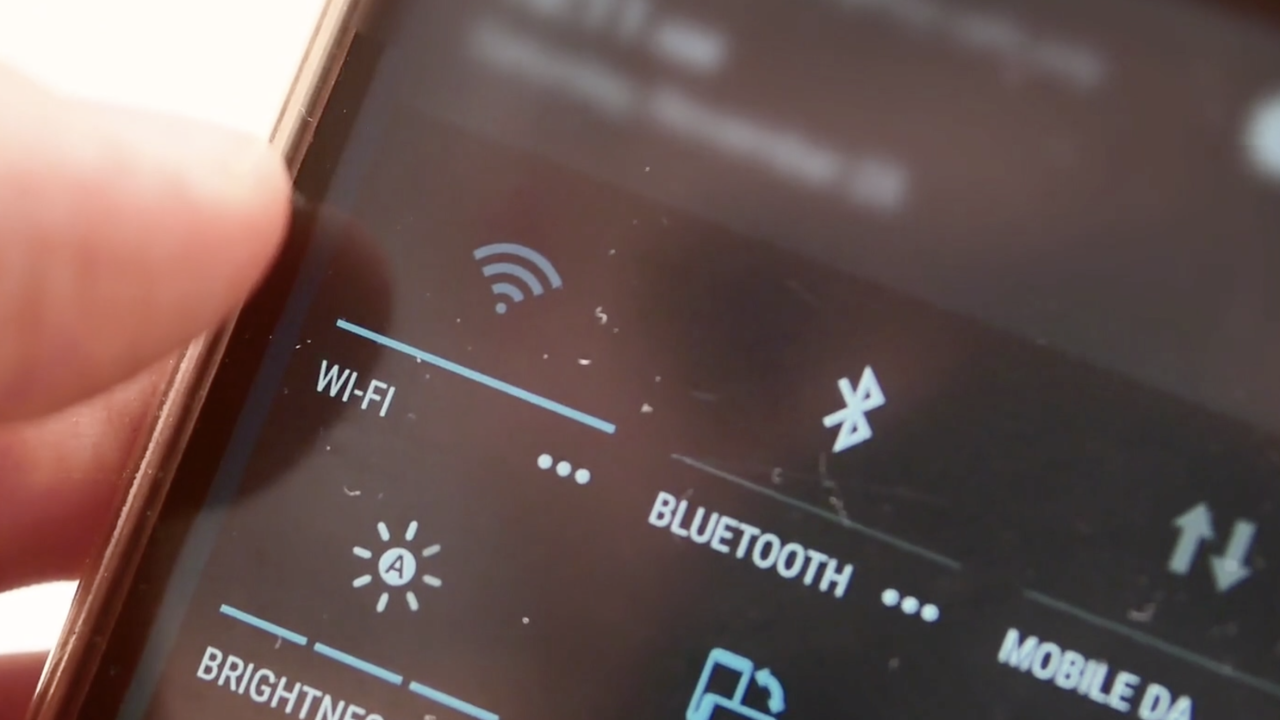MILWAUKEE — Many of us are on the move this summer and on our phones, but do you realize your phone could connect to public Wi-Fi putting you and your personal information at risk? The I-Team talked to experts about advice they have to stay safe.
Whether you're at a coffee shop, an airport, or even a Milwaukee City Park, public Wi-Fi could be an option. With many people working remote, you may want to switch up your location. Experts said it's crucial to make sure you're connecting to the right network and are protected on that network.
"People love to be connected," Bryan Sevener said.
Sevener's the CEO of Valor Technologies, a local cybersecurity company. He said while public Wi-Fi helps you stay connected, consumers need to take steps to protect themselves.
"Public Wi-Fi comes in kind of two varieties. Unsecured and secured. Really steer away from anything that's unsecured," Sevener recommended.
Sevener said criminals can access your devices through unsecured networks. A secured, password-protected Wi-Fi is your best bet, even if it's public.
"If you're going to log into personal websites, your bank, whatnot, you should always make sure you utilize two-factor authentication. If you can, use a VPN, make sure Wi-Fi's secure, and that you're on the right website," Sevener said.
Most URLs start with "HTTP", look for ones that say "HTTPS", that "S" means it's a secure site. Also, Sevener said when you're in public, double check you're using the correct Wi-Fi.
"A good criminal out there might make a Wi-Fi that's very close to, or similar to, that's easy to connect," Sevener said.
To eliminate criminal access to your devices, Sevener recommends using a VPN even at home.
A VPN, or virtual private network, establishes a digital connection between your computer and a remote server.
"It's an added layer of security, so it encrypts anything that you're doing online, in addition to possible encryption of the Wi-Fi and encryption of the website [you're on]," Sevener explained.
Sevener said if you're working remote, you'll want to check with your employer about VPN options. However, if you'd like a personal one, he has some recommendations.
Cyber Expert's VPN Recommendations:
- NordVPN: Best Overall
- TunnelBear: Best for Beginners
- Private Internet Access: Best for Customizable Security
- hide.me: Best for Wi-Fi Security
- Surfshark: Best for Unlimited Connections
To add even more protection, make sure the antivirus software is up to date on your device. If you have a PC, Sevener says Windows 10 and 11 include 'Windows Security' which provides the latest antivirus protection. To see if antivirus software is installed go to the "start menu": Start > Settings > Control Panel > Security Center.
In addition to antivirus software, you'll want to make sure the firewall is on, this prevents malware from getting into your device. You can also find that in your device's security center.
Lastly, turn file sharing off while you're in public. This removes your device from popping up on others who may be up to no good.
Steps to turn off file sharing:
On a PC:
- Go to Network and Sharing Center.
- Then Change Advance Sharing Settings.
- Turn off File and Printer Sharing.
On a Mac:
- Go to System Preferences.
- Choose Sharing.
- Unselect Everything.
- Next, in Finder, click on 'AirDrop', and select 'allow me to be discovered by no one'.
Sevener said for most people, just make sure your device's operating system is up to date all together. He said this too can prevent you from becoming a victim of cyber threats.
It’s about time to watch on your time. Stream local news and weather 24/7 by searching for “TMJ4” on your device.
Available for download on Roku, Apple TV, Amazon Fire TV, and more.



